This post may contain affiliate links. Read more here.
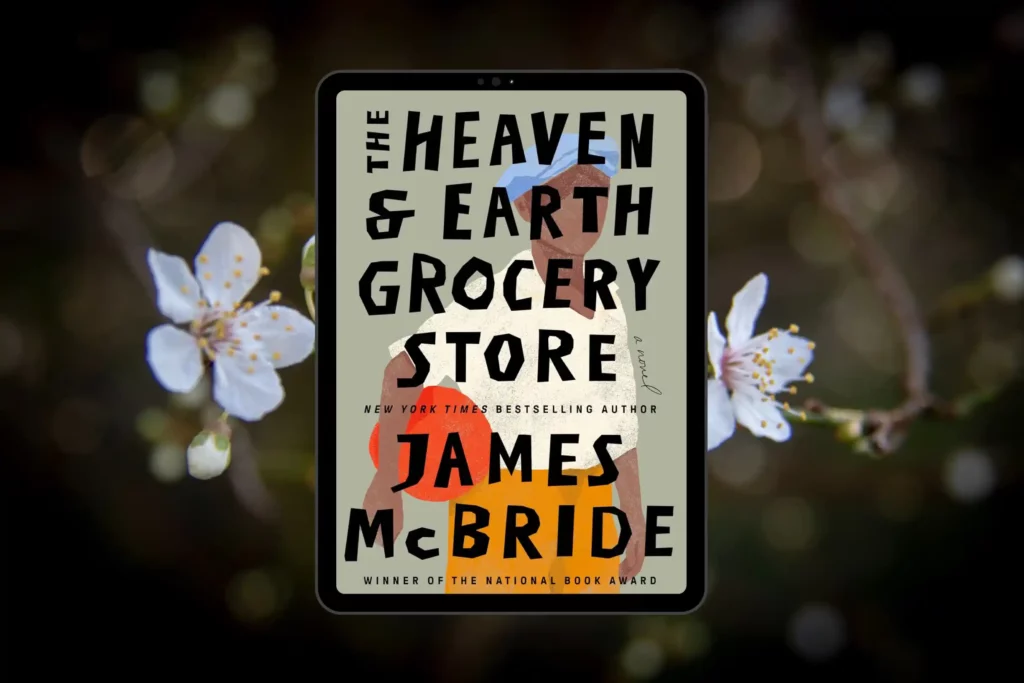
Book club questions for The Heaven and Earth Grocery Store by James McBride explore the themes of community resilience, the intersection of different cultural and racial backgrounds and the power of love in challenging circumstances.
I truly enjoyed this novel! It was heartwarming, amusing and delightful, so hard to put down. The plot is so labyrinthine and the characters so numerous it’s quite impossible to guess where it’s leading. I cannot recommend this book more. Beautifully written, lyrical, and profoundly moving.
What are your thoughts on this novel? ✨
The Heaven & Earth Grocery Store by James McBride
In this blog post you will find the discussion questions for The Heaven and Earth Grocery Store by James McBride. I’ve also added some additional recommendations worth reading below.
The discussions may examine the role of marginalized individuals in navigating adversity, characters’ relationships, as well as the novel’s exploration of how love and community serve as vital sources of strength during difficult times.
Have an amazing discussion with your book club! ✨
Summary | Characters List | Characters Explained
About the Author | Book Club Questions
About the Story
The Heaven & Earth Grocery Store is a murder mystery with a portrayal of small-town life. Set in 1972 in Pottstown, Pennsylvania, the story revolves around the discovery of a skeleton in the foundation of a new development.
The secrets of Chicken Hill, a neighborhood where immigrant Jews and African Americans live, unfold as the characters’ lives intersect. Moshe Ludlow integrates his theater, and Chona runs the Heaven & Earth Grocery Store. As the narrative weaves through their lives and the marginalized communities they represent, the novel explores themes of struggle, survival, and the power of love and community.
Ultimately, the story reveals the dark truths of Chicken Hill and highlights the resilience of those living on the margins of society.
About the Author
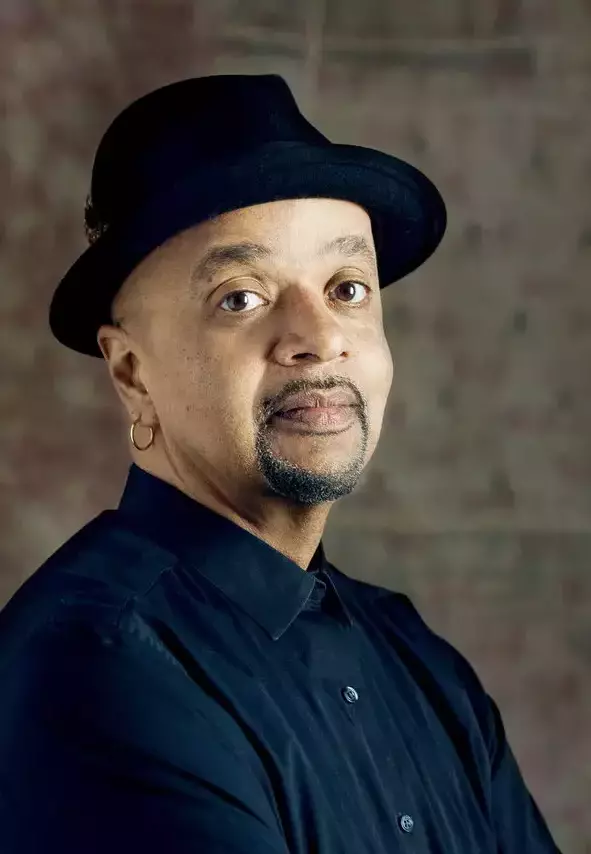
James McBride is a renowned author, musician, and screenwriter. His widely acclaimed memoir, The Color of Water, became a New York Times bestseller, spending over two years on the list and earning its place as an American classic.
McBride’s debut novel, Miracle at St. Anna, was adapted into a film by Oscar-winning director Spike Lee. His novel The Good Lord Bird, which focuses on American abolitionist John Brown, received the National Book Award for Fiction in 2013 and has been adapted into a Showtime limited series.
Beyond his literary achievements, McBride is a skilled musician and composer. A native New Yorker and graduate of New York City public schools, James holds a master’s degree from the Graduate School of Journalism at Columbia University. In 2015, he was honored with the National Humanities Medal by President Obama for his significant contributions to discussing race in America.
Book Club Questions for The Heaven and Earth Grocery Store
Disclaimer: the following discussion questions contain spoilers, so proceed with caution if you haven’t finished the book yet.
- James McBride described Chicken Hill as a neighborhood with “ramshackle houses and dirt roads where the town’s Blacks, Jews, and immigrant whites who couldn’t afford any better lived.” How did you visualize Chicken Hill as you read about it? Did it remind you of any places from your own life or past?
- The Heaven & Earth Grocery Store, owned by Moshe Ludlow and managed by his wife Chona, serves as the hub of neighborhood life. Can you recall places from your own life or past that resemble the Heaven & Earth? How are they similar to or different from this central gathering place?
- The book explores the themes of love and community in the face of adversity. How do the characters in Chicken Hill come together to support one another? In what ways do love and community play a role in their survival?
- The story is set in 1936 in Pottstown, Pennsylvania, against the backdrop of a small town with a mix of immigrant Jews and African Americans. How does the historical context contribute to the plot? In what ways do the characters navigate the challenges of their time?
- Moshe’s courageous act of desegregating the local theater by booking Black entertainers for Black audiences is a prominent theme. How brave do you think Moshe had to be to take such a stand? Have you ever tried to challenge traditions within a place or organization?
- Nate and Addie Timblin, employees of the Ludlows, play significant roles at the theater and the store. What similarities and differences do you observe in their relationships compared to Moshe and Chona? What commonalities do you think the four characters share?
- Dodo, a deaf boy from Chicken Hill, relies on the assistance of Nate and Chona. Why do you think these two characters stepped in to help Dodo? Do you believe they could have handled the situation differently? What role could Moshe and Addie have played in keeping Dodo safe, or do you think his discovery was inevitable?
- Chona Ludlow is described as a memorable and strong female protagonist. Discuss the portrayal of Chona and her impact on the narrative. How does her character challenge stereotypes and expectations, especially considering the time period in which the story is set?
- Moshe Ludlow integrates his theater, and Chona runs the Heaven & Earth Grocery Store, promoting inclusivity. How do these actions affect the dynamics of Chicken Hill? How does the novel depict the challenges and triumphs of integrating different communities?
- Can you identify specific scenes or characters that had a profound emotional impact on you? How did the author evoke these emotions?
- Were there aspects of the plot that you felt were not fully resolved? How did these elements impact your overall reading experience?
- In what ways does the narrative address the issues of racism, prejudice, and the struggles faced by marginalized communities, and what lessons can be drawn from the characters’ experiences?
- The dynamics between the Jewish and African American communities are highlighted as a strong point in the book. In what ways does the narrative portray the relationships between these two communities? Did it challenge any preconceived notions or stereotypes you may have had?
- Doc Roberts, a local physician with a complex relationship with Chona, is a key figure in sending Dodo to Pennhurst. What aspects of Doc Roberts do you find most objectionable? Why do you think he was able to operate for so long without being discovered?
- Some reviewers have described this novel as “a musical book” with references to James McBride’s background as a jazz musician. How do you see the influence of music in the narrative? Are there specific scenes or characters where the musical elements are particularly evident?
- Monkey Pants, the only inmate at Pennhurst who befriends Dodo, forms an unlikely yet life-saving friendship. Can you recall instances in your life where someone stepped in to help you when needed?
- Son of Man, the sadistic attendant on Ward C-1 at Pennhurst, shares similarities or differences with Doc Roberts. How would you compare their forms of evil? Are they both inherently malevolent in the same way?
- The book explores the intersection of African American and Jewish cultures in Chicken Hill. How does the narrative depict the interactions and relationships between these different cultural groups? Are there instances of tension or harmony?
- The characters’ escape plan to rescue Dodo from Pennhurst relied heavily on their community relationships. How crucial do you think the sense of community was in shaping the characters’ lives and actions?
- Share your favorite characters and scenes from the novel. What moments or characters left a lasting impression on you?
- In the novel’s conclusion, the truth about the skeleton discovered in the first chapter is revealed. Do you think the person whose skeleton it was got what they deserved? How do you perceive the actions of other characters in the novel?
- How would you describe the overall tone and message of the book? What do you think the author intended to convey through the characters and their experiences?
- If you’ve read other works by James McBride, how does “The Heaven & Earth Grocery Store” compare? Do you see common themes or stylistic elements in McBride’s body of work?
Additional Recommendations
Hope you enjoyed the book club discussion questions and reading guide for The Heaven and Earth Grocery Store by James McBride.
Here are some more of my book club recommendations related to this book, along with their synopses:
Call the Canaries Home by Laura Barrow
Three estranged sisters reconnect in their Louisiana hometown to face an unresolved past in a heartfelt novel about family, grief, secrets, and forgiveness.
Savannah was four years old when her twin sister, Georgia, went missing from their small Louisiana town, fracturing their family. Twenty-eight years later, Savannah convinces her estranged older sisters, Rayanne and Sue Ellen, to honor the pact they made as children and retrieve the time capsule they buried in their old backyard. But coming home means confronting old ghosts…and their stubborn grandmother, Meemaw.
Sifting through the artifacts, they come across a photograph taken on the day Georgia disappeared and spot a familiar woman lingering in the background. While Sue Ellen and Rayanne want to move on with their lives, Savannah is determined to find the woman―and perhaps a clue to the past.
When old tensions, rivalries, and memories resurface, the sisters must reconsider what they thought they knew about that fateful day, about each other, and about themselves. On their search to uncover what happened to Georgia, each of them will discover what Meemaw has known all along: family is everything.
The Paris Assignment by Rhys Bowen
A courageous wife, mother, and resister confronts the devastation of World War II in a heartbreaking and hopeful novel by the bestselling author of The Venice Sketchbook and The Tuscan Child.
Londoner Madeleine Grant is studying at the Sorbonne in Paris when she marries charismatic French journalist Giles Martin. As they raise their son, Olivier, they hold on to a tenuous promise for the future. Until the thunder of war sets off alarms in France.
Staying behind to join the resistance, Giles sends Madeleine and Olivier to the relative safety of England, where Madeleine secures a job teaching French at a secondary school. Yet nowhere is safe. After a devastating twist of fate resulting in the loss of her son, Madeleine accepts a request from the ministry to aid in the war effort. Seizing the smallest glimmer of hope of finding Giles alive, she returns to France. If Madeleine can stop just one Nazi, it will be the start of a valiant path of revenge.
Though her perseverance, defiance, and heart will be tested beyond imagining, no risk is too great for a brave wife and mother determined to fight and survive against inconceivable odds.
The Wager by David Grann
From the author of Killers of the Flower Moon, a page-turning story of shipwreck, survival, and savagery, culminating in a court martial that reveals a shocking truth. The powerful narrative reveals the deeper meaning of the events on The Wager, showing that it was not only the captain and crew who ended up on trial, but the very idea of empire.
On January 28, 1742, a battered ship washed ashore in Brazil, carrying thirty emaciated survivors with an extraordinary tale. They were from His Majesty’s Ship the Wager, on a secret mission during a war with Spain. Chasing a Spanish treasure galleon, the Wager wrecked off Patagonia. After months of marooning, facing starvation, the crew built a flimsy craft and sailed over 3,000 stormy miles for over a hundred days, ultimately landing in Brazil as heroes.
Six months later, another decrepit boat landed in Chile with just three survivors, telling a conflicting story. The initial heroes were accused of mutiny, with countercharges of tyranny and murder. Anarchy had prevailed on the island, leading to warring factions. The Admiralty held a court martial to determine the truth, and the stakes were life-and-death, as the guilty could face hanging.
“The Wager” is a gripping tale of extreme human behavior, recounted by a masterful nonfiction writer, David Grann. His vivid portrayal of life on a British warship echoes Patrick O’Brian, the survival story rivals classics like “The Endurance,” and the court martial account carries the suspense of a Scott Turow thriller. Grann’s narrative twists keep readers spellbound, making the story a riveting exploration of human nature in adversity.
Happy reading! ❤️
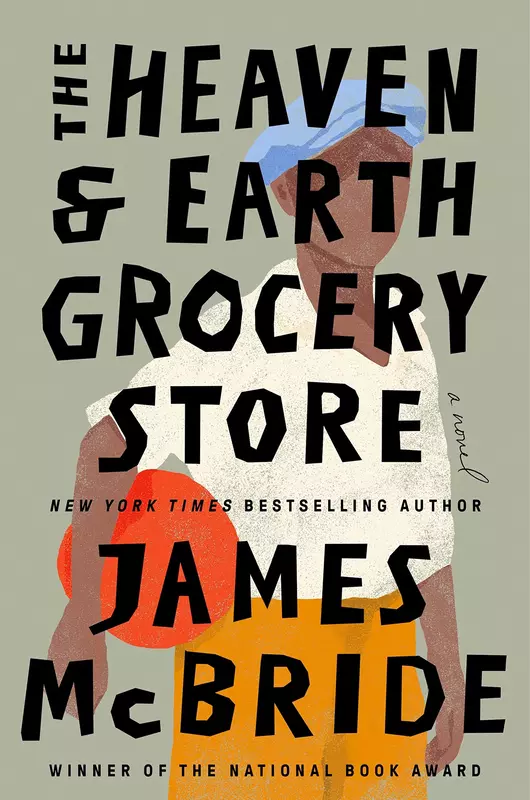
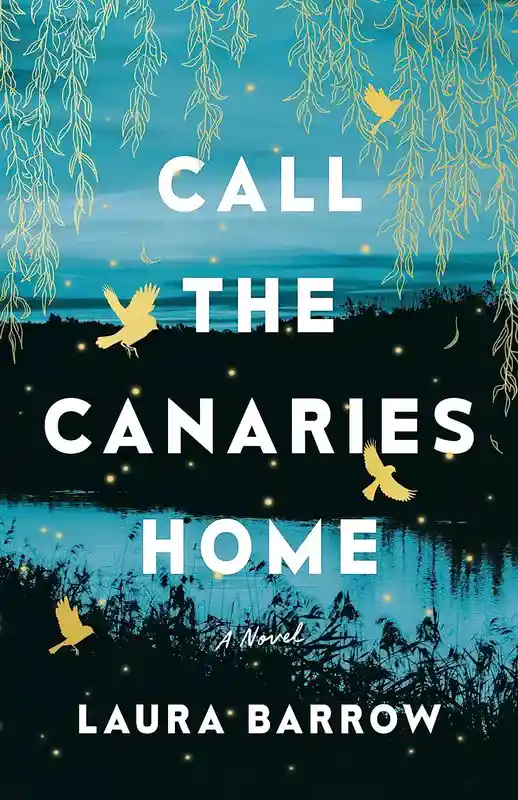
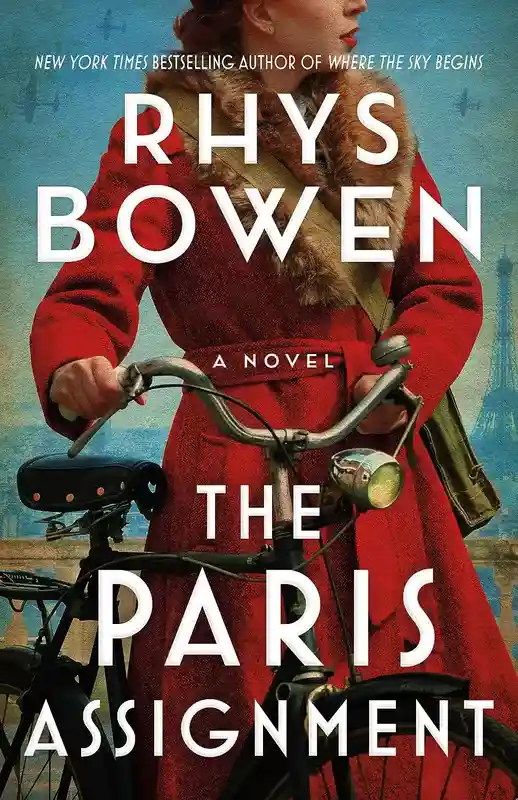
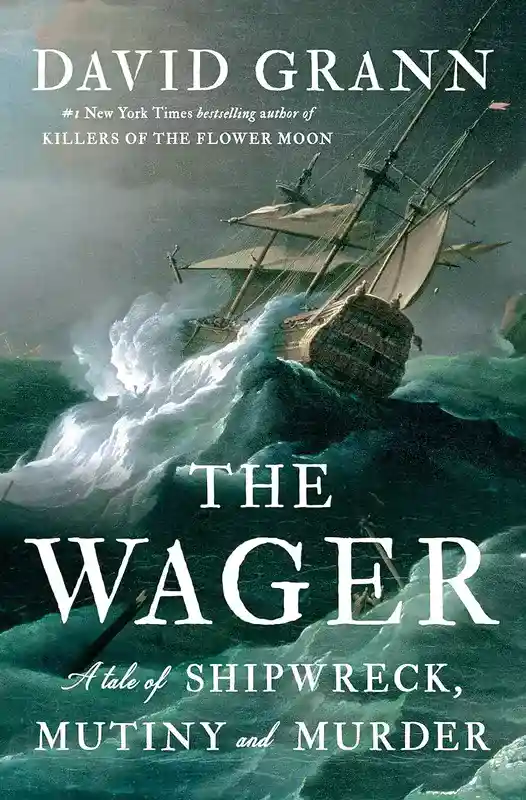
Demetrios
Sunday 18th of February 2024
Well versed out questions on the novel
Luka
Monday 19th of February 2024
Thank you!